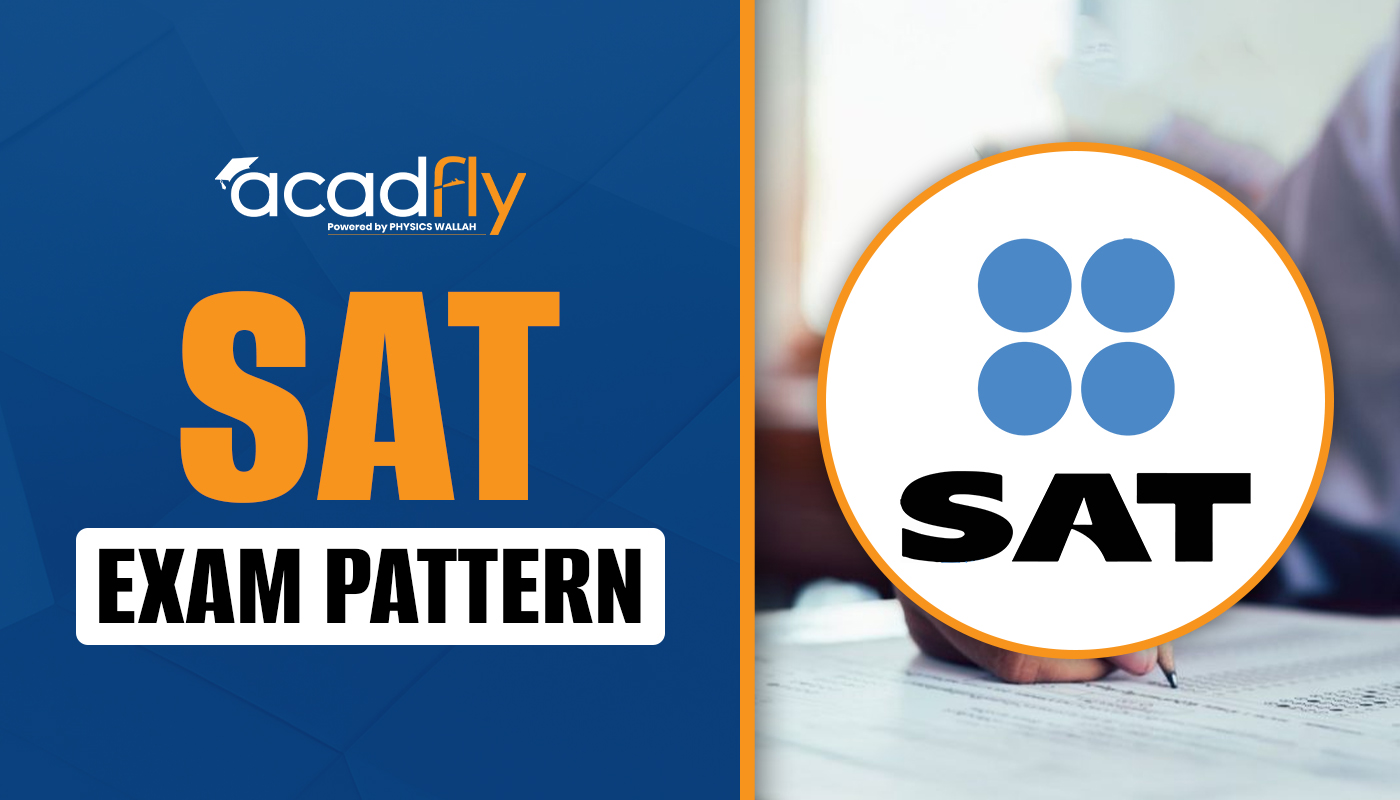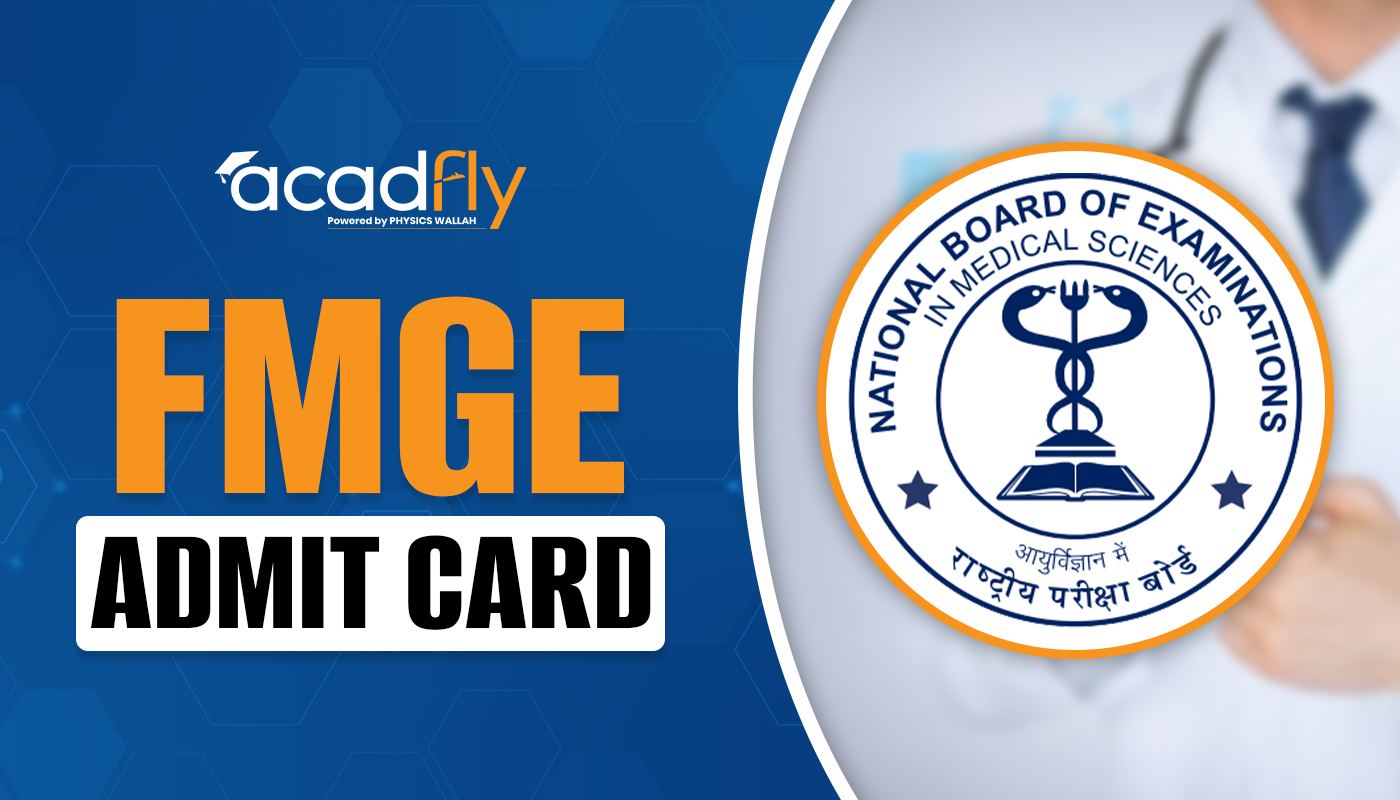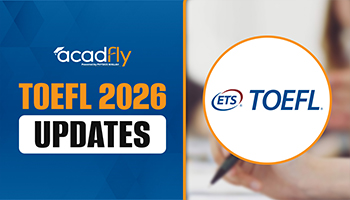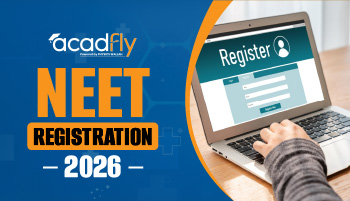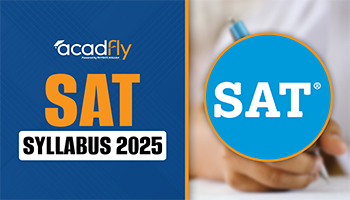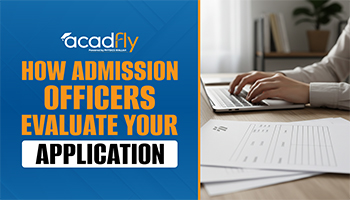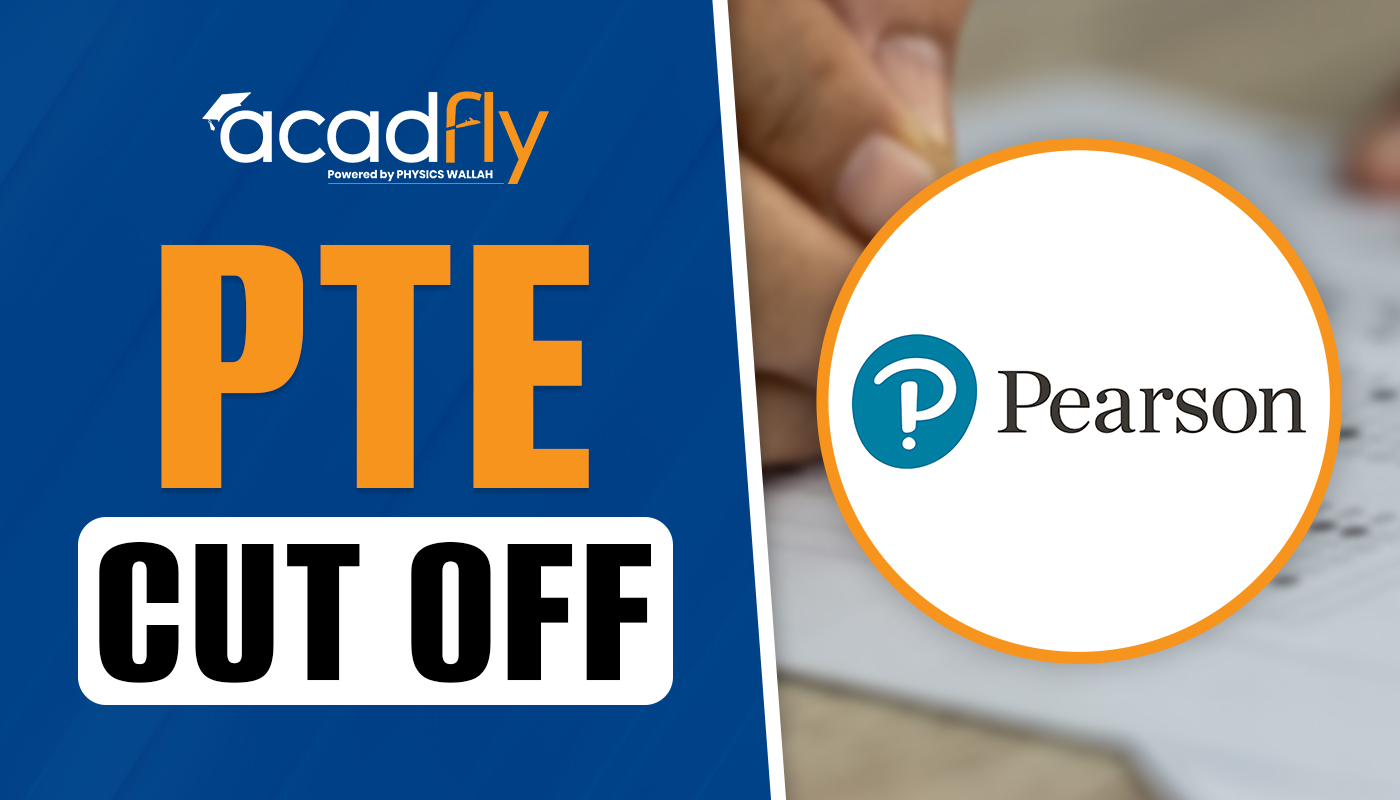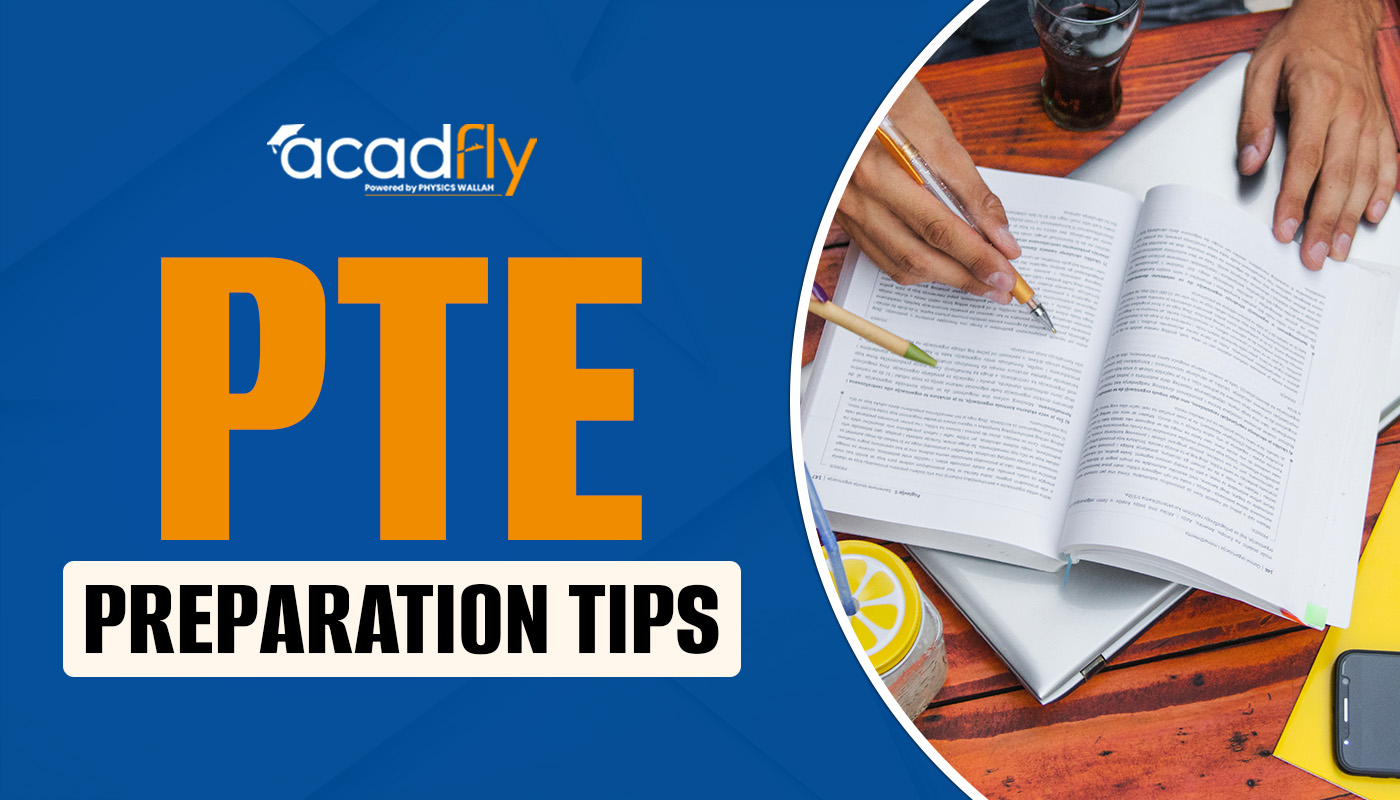US F1 Visa Interview: Securing a student visa (F1) is a vital step for anyone planning to study in the United States, and the US F1 Visa Interview plays a key role in this process. It is designed to evaluate the applicant’s academic intentions, financial readiness, and commitment to return home after completing their studies. A successful interview requires clear communication, thorough documentation, and a well-prepared mindset. This blog provides a comprehensive overview of the US F1 Visa Interview, including frequently asked questions, suggested approaches for answering them, and practical tips to help applicants present themselves confidently and improve their chances of approval.
Understanding the US F1 Visa Interview
The US F1 Visa Interview is conducted for students applying to full-time academic programs at SEVP-approved institutions in the U.S. This visa is classified as a non-immigrant visa. The interview is typically held at a U.S. embassy or consulate in the applicant’s home country. During the process, a consular officer evaluates whether the applicant meets the eligibility criteria under U.S. immigration law.
Applicants must prove the following:
-
They have been accepted into a SEVP-approved institution.
-
They have sufficient financial resources to cover tuition and living expenses.
-
They intend to return to their home country after completing their studies.
Key Documents to Carry for the Interview
Carrying the correct documentation for your US F1 Visa Interview is crucial, as it forms the foundation of your application and helps establish your credibility. Incomplete or missing documents can lead to unnecessary delays, increased scrutiny, or even denial, making thorough preparation and organization of all required paperwork extremely important.
|
Key Documents to Carry for the Interview |
|
|
Document Type |
Purpose |
|
Valid Passport |
Proof of identity and travel eligibility |
|
Form I-20 |
Proof of admission from a SEVP-approved institution |
|
DS-160 Confirmation Page |
Online application form for the non-immigrant visa |
|
SEVIS Fee Payment Receipt |
Confirms payment for SEVIS (Student and Exchange Visitor Information System) |
|
Academic Transcripts |
Validates educational qualifications |
|
Test Scores (TOEFL, IELTS) |
Proves English language proficiency |
|
Financial Documents |
Bank statements, affidavits, loan sanction letters |
|
Admission Letter |
Confirms acceptance into the institution |
Common F1 Visa Interview Questions and How to Approach Them
The following are frequently asked questions during the interview, along with recommended approaches for crafting winning responses:
1. Why do you want to study in the U.S.?
This question gauges your academic motivation and reasoning.
Answer Tips:
-
Highlight academic benefits such as teaching methods, research scope, and resources.
-
Avoid clichés or generalizations about the U.S.
Example:
“I chose the U.S. because my program in Data Science at XYZ University offers hands-on lab work, updated coursework aligned with industry needs, and access to global research conferences.”
2. Why did you choose this university?
The officer wants to know if your choice was informed.
Answer Tips:
-
Refer to specific faculty, labs, or curriculum features.
-
Connect your academic goals with the institution’s strengths.
Example:
“I selected ABC University for its strong Computer Science department, especially its AI research lab. The faculty’s ongoing projects align well with my long-term interest in robotics and automation.”
3. Who is sponsoring your education?
This confirms your financial backing.
Answer Tips:
-
Clearly state your financial sponsors.
-
Mention savings, scholarships, or educational loans.
Example:
“My father is funding my education using personal savings and a sanctioned education loan from SBI. We’ve prepared a detailed financial plan to cover tuition, housing, and personal expenses.”
4. What are your plans after graduation?
This helps the officer determine whether you plan to overstay.
Answer Tips:
-
Emphasize plans to return home.
-
Link your studies to career goals in your country.
Example:
“After graduation, I intend to return to India and join a fintech firm where I can apply my data analytics skills to improve financial inclusivity.”
5. Do you have relatives in the U.S.?
The aim is to assess any potential risk of overstaying.
Answer Tips:
-
Always answer truthfully.
-
Clarify your independent living plans.
Example:
“Yes, I have an uncle in California. He is a citizen and settled there, but I’ll be staying on campus and concentrating solely on my academic journey.”
Tips for a Successful F1 Visa Interview
Preparing for the F1 visa interview involves more than just knowing the right answers. How you present yourself, your confidence, clarity, and demeanor, can significantly influence the outcome. A composed attitude and a clear, honest approach often leave a lasting impression on the consular officer reviewing your application.
-
Be Honest: Never provide false or misleading information.
-
Dress Formally: A neat appearance creates a positive impression.
-
Stay Confident: Speak clearly and make eye contact with the interviewer.
-
Be Concise: Avoid long-winded answers; stick to the point.
-
Practice Beforehand: Rehearse answers to common questions without sounding memorized.
Interview Do’s and Don’ts
Understanding what to do and what to avoid during your F1 visa interview can be the difference between approval and denial. Following the right etiquette and steering clear of common pitfalls helps you present yourself as a serious and well-prepared student with genuine academic intentions.
|
Interview Do’s and Don’ts |
|
|
Do’s |
Don’ts |
|
Bring all original documents |
Do not lie or exaggerate any information |
|
Understand your university and course structure |
Avoid saying you plan to stay in the U.S. long-term |
|
Maintain a calm and respectful demeanor |
Do not argue with the visa officer |
|
Make your answers personal and specific |
Avoid copying generic responses |
Common Mistakes to Avoid
Even well-qualified students can face rejection if they make avoidable mistakes during the F1 visa interview. Being aware of these common errors helps you better prepare, stay focused, and avoid jeopardizing your chance of studying in the United States due to oversights or misunderstandings.
-
Not knowing basic facts about the university or course.
-
Giving conflicting financial details.
-
Showing overdependence on employment in the U.S.
-
Carrying incomplete documentation.
-
Speaking negatively about your home country.
US F1 Visa Interview FAQs
How long does the F1 visa interview usually take?
What should I wear to the F1 visa interview?
Can I reapply if my F1 visa is denied?
Is English fluency mandatory for the visa interview?
Will the consular officer keep my documents?

